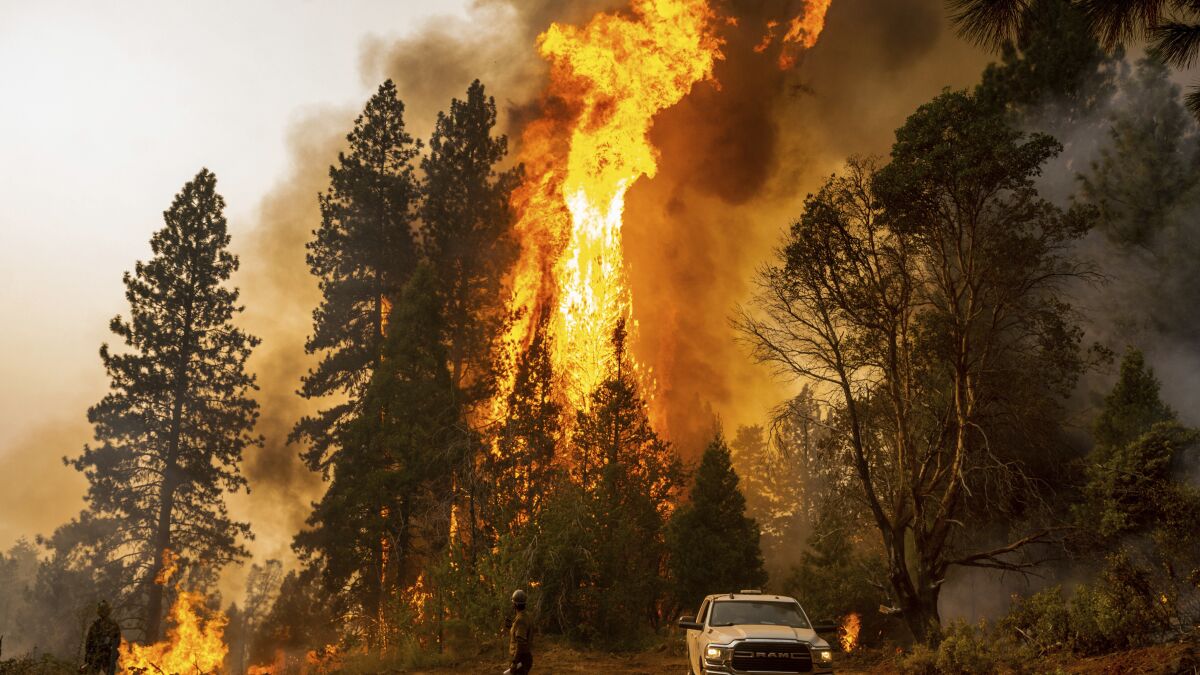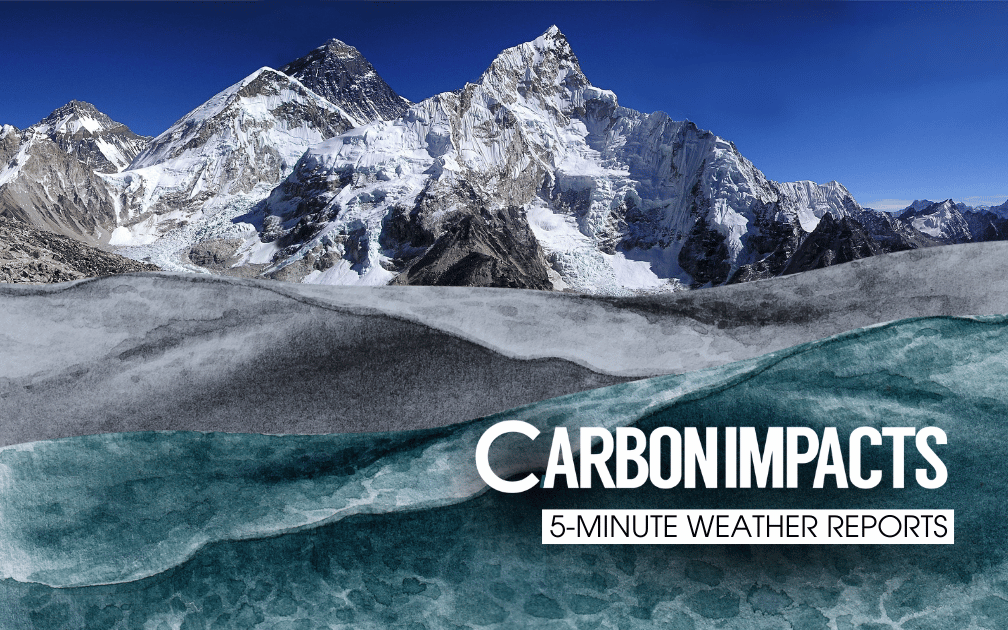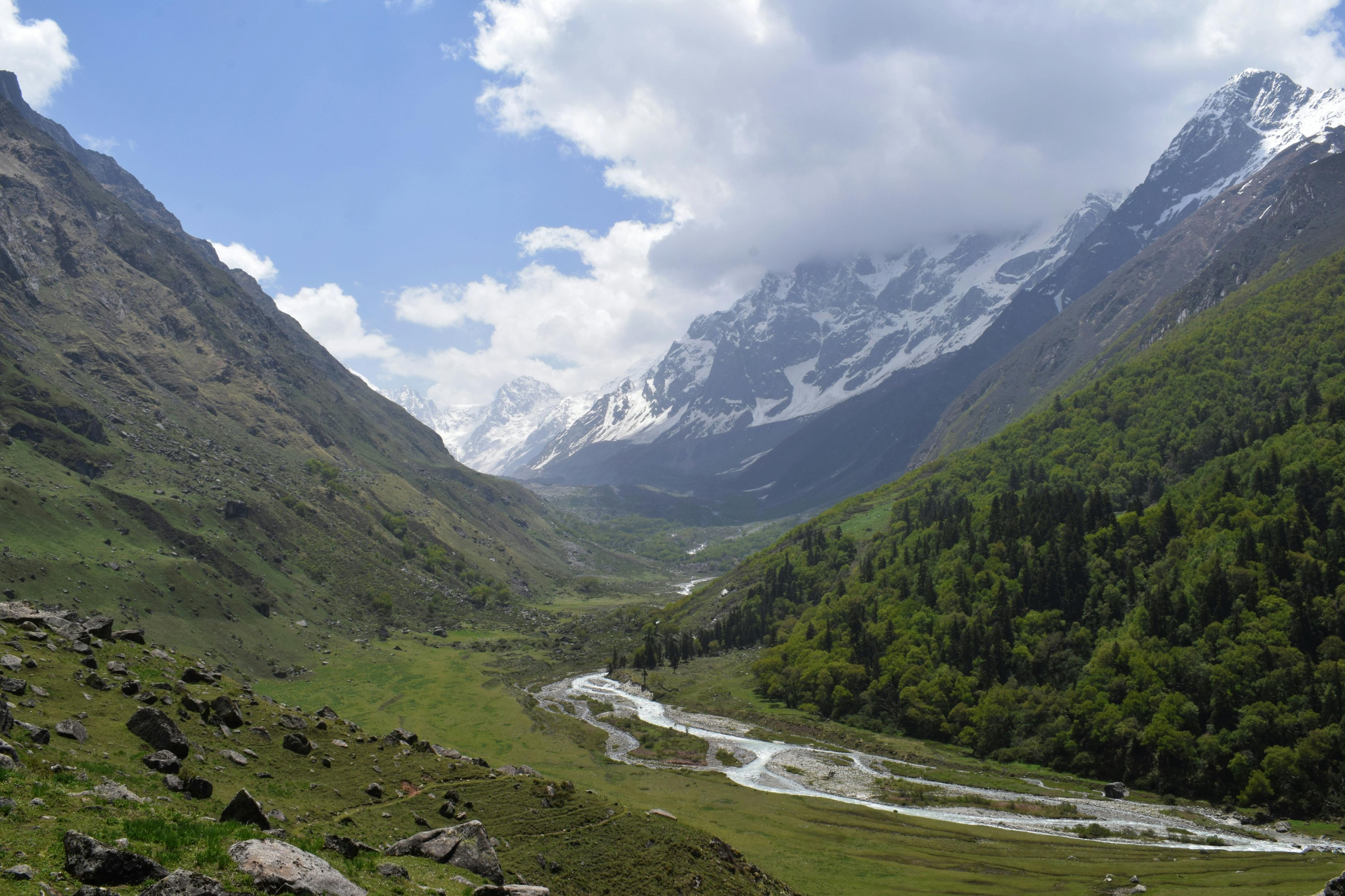July set to be the hottest in 120,000 years! | 🎙️ 5-Min Climate-Weather Report
Unprecedented Heatwaves in Europe & Extreme Weather in India: July is creating history with record-breaking global temperatures!
By Carbon Impacts / Aug 1, 2023

The average global temperature is about 1.5°C hotter than the planet was before it was warmed by burning coal, oil and gas, and other human activities, increasing carbon emissions in the atmosphere.
Today, we have some alarming news about the rising temperatures and extreme weather events. July is on track to be the hottest month ever recorded. Let’s dive into the details of this analysis and the consequences of these extreme weather events.
July is making history with some seriously unprecedented global temperatures! Tell us more about it?
The report by World Meteorological Organisation along with an analysis led by climate scientist Dr. Haustein at Leipzig University revealed, July is likely to be the hottest month ever recorded, and may be also the hottest month in 120,000 years.
The average global temperature is about 1.5°C hotter than the planet was before it was warmed by burning coal, oil and gas, and other human activities, increasing carbon emissions in the atmosphere.
For the first time global temperature has exceeded 1.5°C in the Northern Hemisphere summer.
So how bad is this historically speaking?
The exceptionally warm temperature so far in July, courtesy climate change and El Nino makes it increasingly likely that 2023 will be the warmest year since records began in the mid-1800s!
Record breaking heat waves swept parts of Europe in July, in one instance land surface temperatures in Spain reached 60 degree celsius, and 42.9 deg in Rome. Beijing in China saw temperatures above 35 degrees for 27 consecutive days or more. All this is very unusual.
What has been the impact of these rising temperatures, especially in India?
While it may not be heatwave season for India but climate change-led warming has made the monsoon season erratic and violent, leading to shifts in rainfall patterns and an increased risk of flooding.
Constant and steady rise in both the land and sea temperatures have induced more moisture in the atmosphere, especially over northwest India. With Himalayas protecting India, moisture gets trapped over the region, leading to heavy to very heavy rains. Like what we recently saw in Himachal pRadesh, Uttarakhand, Gujarat and now in Odisha and Andhra Pradesh.
India has been affected by almost all the climate change impacts, right from heatwave to glacial melt to extremely heavy rainfall, cyclogenesis or sea level rise. What is even more dangerous is the occurrence of these impacts simultaneously.
Can you expand a little on what it looks like when impacts occur simultaneously?
When these impacts interact with each other, For example, increased heat and drought will combine to harm food production and reduce agricultural labour productivity, that in turn will increase food prices and reduce farmers’ incomes, leading to more malnutrition and death, especially in tropical regions.
Recently, India banned export of rice, citing damage due to extremely heavy rains in the major rice growing states like PN and HR, while other rice growing states like west bengal, Jharkhand and bihar are battling rain deficiency by high margins. We know that India accounts for 40% of the rice export in the world, and this may have a potential impact on global food price inflation.
What can we expect from future warming? If temperatures continue to rise
According to the IPCC, if the current policies for cutting emissions are not substantially strengthened, it would lead to a level of warming - nearly 3°C - that would threaten food and water security, increase ill-health and mortality, flood coastal communities, destroy ecosystem and lead to cascading disasters.
In fact, if temperature rise passes 1.5°C, entire ecosystems will be irreversibly lost - even if temperatures are later reduced, damage cannot be undone.
So, the reports confirm a lot of warnings we have been hearing from climate scientists. Seems timely and crucial!
Yes. Understanding the reasons behind these extreme weather events is crucial to devising effective strategies for climate adaptation and mitigation.
Extreme Weather in India Heatwave

